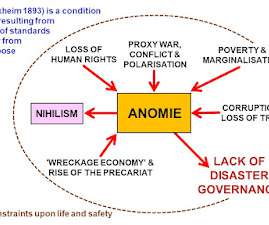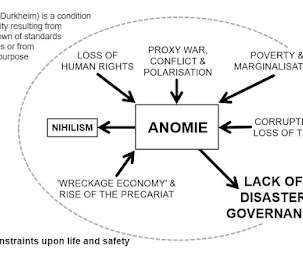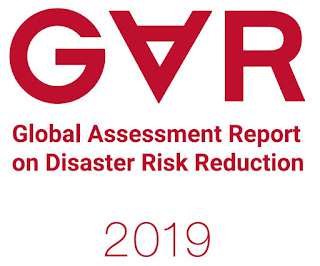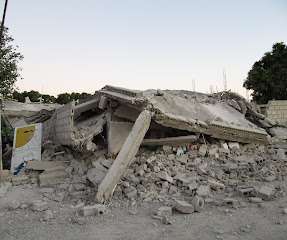A Five-Minute Plea for Better Civil Protection
Emergency Planning
AUGUST 31, 2021
Make emergency planning and management a key profession: develop it nationally. By and large, governments do not want to know about disaster risk reduction. It is simply naive to assume that if one gives governments scientific information they will act on it. They believe they can get by without it.













Let's personalize your content